From July 21 to July 25, 2025, the John J. Brunetti Human Trafficking Academy at St. Thomas University College of Law welcomed participants from across the United States to attend the 2025 Academy titled The Survivor’s Academy: Exploring the Pathways on the Journey from Victim to Survivor and to Thriver.
The 2025 Academy placed survivors at the center of its curriculum by highlighting their lived experiences, resilience, and leadership. Over the course of a week-long, fifteen-session intensive training and four thematic luncheons, participants engaged in a multidisciplinary exploration of the various stages of victim’s identification, recovery, healing, empowerment, and leadership advocacy. Each session reflected a collective commitment on prevention and protection through trauma-informed, survivor-led, and dignity-centered responses to human trafficking.
In his welcome address President David A. Armstrong, J.D., reaffirmed the university’s steadfast commitment to upholding human dignity firmly grounded in the Catholic Intellectual Tradition of Higher Education. “We are grateful to all survivor speakers and all those in attendance,” he said, adding: “We know that you are shaping policies, mentoring others, building businesses, creating art, contributing to literature and leading efforts to create lasting change in society. Your authentic voices and your wisdom provide not only lived expertise, but also a vision for a world where opportunities for human flourishing are truly accessible to all. We thank you for joining St. Thomas in this battle for human dignity.”
The Honorable Tarlika Nunez-Navarro, Dean of the College of Law, commended the work of the Academy, praised its lasting impact on survivor empowerment and justice systems, and expressed gratitude to the Brunetti Organization for financially supporting the Academy. She highlighted the global impact of our institution’s leadership in human rights law, its diversity and its work that has received top honors in racial justice, tax law, and support for Hispanic students. “These milestones are more than accomplishments—they are reflections of a law school that lives its mission: to form ethical, passionate, and justice-driven lawyers and leaders,” she said, adding “To all of you participating in this year’s Academy: thank you. Thank you for standing with us in the fight against modern-day slavery. Thank you for listening deeply, learning humbly, and walking forward boldly—just as the survivors among us have done. May this week challenge your thinking, deepen your compassion, and inspire your action.”
Dr. Roza Pati, St. John Paul II Distinguished Professor of Law and Founder and Director of the Academy framed the week as a sacred space for learning, healing, and empowerment. “It is common truth that all human beings are defined by their intrinsic dignity — a reflection of God’s image in humanity. Survivors of human trafficking are not defined by the challenges and the adversity they have endured, but by the strength and determination with which they rebuild their lives. Each journey is deeply personal, shaped by resilience, healing, and the pursuit of justice. While the world often focuses on intervention and immediate recovery, true justice requires long-term support, access to opportunities, and the recognition of survivors as key voices, as leaders in shaping the future of anti-trafficking law, policy and practice,” she noted in her welcome address.
Over the course of five modules, twenty-two expert instructors, many of them survivors who have become leaders and catalysts for change across diverse fields, shared powerful insights into the complexities of human trafficking, the barriers faced by survivors, and the systems and strategies that foster lasting transformation. Their presence exemplified the journey from victim to survivor to thriver, offering both knowledge and inspiration throughout the week.
Understanding the Journey: Walking Through Pathways to Resilience
The opening module laid the foundation for a week of profound learning and reflection. It invited participants to explore the psychological, behavioral, and relational dimensions of trauma and recovery while anchoring every conversation in empathy and resilience.
Steven L. Procopio, ACSW, LICSW, addressed the unique behavioral health needs of male survivors of trafficking. His insights highlighted how trauma manifests in ways that are often overlooked, especially in male-identifying survivors, and offered tools for creating spaces of healing and support.
Julissa Ponce shared a powerful, data-informed analysis of labor trafficking, underscoring systemic oppression and calling for equity in both policy and practice. Her presentation emphasized culturally grounded and trauma-informed responses while reminding us that the fight against trafficking must include the voices of those most impacted.
Oree Freeman’s session titled The Power of Unlikely Relationships stood out as an emotional high point of the Academy. As a survivor of sex trafficking, Oree shared her story with courage and vulnerability, revealing how healing begins when trust is rebuilt, often through unexpected connections. Her honesty, strength, and unwavering faith left the audience profoundly moved and deeply inspired.
During the luncheon session, Hollie Nadel and Darren Aversa explored the often overlooked challenge of building wealth while still trying to meet basic needs. Hollie shared practical tools and heartfelt reflections that offered real hope, especially for participants who saw their own experiences reflected in her words. Their session affirmed that financial empowerment is not a luxury but a vital part of long-term recovery and healing.
Law, Policy and Practice: Strengthening Legal Frameworks and Survivor Protections
This module brought a call to action to reform laws and policies through a lens of survivor dignity and justice.
Yiota Souras, Esq., from the National Center for Missing and Exploited Children, provided a clear-eyed review of current safeguards and the legal gaps that place youth at risk. She made a compelling case for system improvements grounded in survivor protection.
Christine Raino, Esq., inspired the room with her message on legislative advocacy. She explained how laws can evolve when informed by lived experience and centered on access to justice for vulnerable populations. Her examples showed how advocacy becomes a tool of transformation.
Ambassador John Cotton Richmond brought the global dimension with the depth of his long-standing work as a federal prosecutor and former United States Ambassador-at-Large to Monitor and Combat Trafficking in Persons. Drawing from years of experience shaping national and international anti-trafficking strategies, he highlighted how survivor-informed policies, when combined with strong legal frameworks and cross-border collaboration, can lead to lasting systemic change. His message was one of resolve and encouragement, reminding participants that meaningful progress is achievable when policy is anchored in justice, informed by lived experience, and guided by moral clarity.
Labor Trafficking: Stories of Resilience, Systems of Exploitation and Barriers to Justice
This session brought the realities of labor trafficking to light in a deeply personal and impactful way.
Daniel Emr began by highlighting the importance of emotional wellness among those working closely with survivors. His reflections created a space of affirmation for all advocates, reminding us that resilience must begin within.
Bella Hounakey delivered a compelling presentation grounded in both professional expertise and her own lived experience as a survivor of trafficking. Drawing on her work at the Office of Refugee Resettlement, she explored how labor trafficking is often perpetuated by systems of power, control, and coercion, particularly within gang-controlled contexts. Her testimony shed light on the structural barriers that hinder identification and protection, especially for youth. Bella’s message carried both urgency and strength, calling for a survivor-centered approach to dismantle exploitation and advance meaningful change.
Rafael Bautista gave voice to the harsh realities of forced labor with honesty and clarity. As a survivor, he spoke powerfully about the exploitation faced by migrant communities, highlighting how systemic vulnerabilities and cultural barriers often leave workers unprotected and unheard. His testimony illuminated the human cost of labor trafficking and underscored the urgent need for dignity, protection, and justice. More than informative, his words were a call to bear witness and to act.
Kristin Keen shared the inspiring model of Rethreaded, a Floridian survivor-run organization that empowers women through entrepreneurship and holistic healing. At the Academy, the Rethreaded pop-up shop featured handmade scarves, journals, leather accessories, pet toys, and samples of what she called the best toffee in the world. These products were more than beautiful creations; they were powerful symbols of restoration, resilience, and hope. Many participants proudly wore or gifted them, carrying forward a tangible reminder of dignity and transformation.
Overcoming Exploitation: Disrupting Sex Trafficking and Protecting Survivors
This session confronted some of the darkest realities of trafficking and uplifted the bravery of those who have survived and now lead.
The Honorable Judge Michael Frank, United States Magistrate Judge for the Northern District of Florida, delivered a sobering and unflinching analysis of gang-controlled sex trafficking, drawing from his extensive experience with federal and state cases. His presentation revealed this form of trafficking as one of the most horrific atrocities he has encountered in the courtroom. With unmatched clarity and compassion, he emphasized the urgent need for justice strategies that protect and empower survivors rather than retraumatize them.
The Honorable Judge Robert Lung, who also served as consultant for this year’s Academy, delivered one of the most profound moments of the Academy through his deep personal account of familial trafficking. A survivor himself, Judge Lung combined his lived experience with the wisdom gained from decades of service in State Attorney’s Office and the judiciary and his nationally renowned work on child exploitation and human trafficking. Appointed by the United States Advisory Council on Human Trafficking and having advised the U.S. Department of Justice and the U.S. Department of State, he brought unparalleled insight into both the hidden nature of trafficking and the pathways to healing. He also led the room through grounding techniques and practices for emotional regulation, creating a space where advocates and survivors alike could breathe, connect, and begin to restore. His presence brought courage, compassion, and a strong sense of shared resilience.
John-Michael Lander, a former Olympic-level athlete, shared his powerful personal story of how he and his family were groomed by those they trusted. His insightful presentation exposed the systemic failures within youth sports that allow exploitation to persist unchecked. He called for accountability and reform, courageously telling the bitter truth in youth sports, the grooming process and recruitment techniques used by traffickers, and further underscoring the urgent need to protect young people in all arenas of sport life.
Elesrandra “El” De Romano shared a searing story of survival, rooted in a childhood shaped by trauma. Her journey from exploitation to empowerment was marked by extraordinary resilience and courage. Through her unfiltered voice and compelling presence, El brought the audience into the lived reality of sex trafficking and the long path toward healing. Her message of helping others get empowered touched every heart in the room, reminding us that when survivors are given space to lead, they can transform not only their own lives but the world around them.
The Survivor’s Academy: Building a Future Beyond Rescue
In a most pragmatic way, these session weaved together thoughtful paths towards empowerment through inspiration, strength, and purpose.
Harold D’Souza and Robert “Bob” Williams offered testimony that was both raw and inspiring. Harold shared his harrowing journey as a survivor of labor trafficking in the U.S. and how it led him to co-found Eyes Open International, an organization dedicated to prevention, education, and advocacy. His presentation reflected courage and vision, grounded in the belief that dignity and justice must be accessible to all. Bob Williams recounted his experience surviving sex trafficking and spoke about his ongoing healing journey, which now includes impactful work with rescued animals and equine therapy. Through his organization, he not only supports fellow survivors but also fosters healing through the compassionate care of horses and other animals. Together, their message was one of resilience and purpose. Their leadership and lived experience reflected the core values of the Academy, reminding all present that survivor-led efforts are not only transformative but essential to building communities of compassion, empowerment, and hope .
Jesse Leon and Gina Cavallo co-led a powerful session on the healing potential of storytelling. Jesse, author of I’m Not Broken and No Estoy Roto (Spanish version), shared his extraordinary journey of survival, from childhood abuse and homelessness to addiction and exploitation. A Harvard graduate, Jesse spoke about how education, advocacy, and writing became transformative tools that helped him reclaim his voice and rebuild his life with purpose. Gina, author of A Survivor’s Secrets, shared her own powerful path of healing, courage, and leadership. Together, they created a meaningful space for reflection and connection.
The autograph session that followed was vibrant and full of energy, as both authors generously gifted copies of their books and writing individual messages of hope. Participants lined up with enthusiasm, sharing personal reflections and heartfelt words of gratitude. It was a joyful and unforgettable moment of meaningful experiences, affirmation, and community.
Jamie Rosseland gave a presentation on Creating Thrive Space, a framework developed by the Survivor Thrive Advocacy Center (STAC), based in Tallahassee. Drawing from lived experience, Jamie offered tools and insights into how to foster environments where survivors feel safe, supported, and empowered to lead. Her message emphasized that when survivors design the solutions, true systems change becomes possible. Her calm and grounded presence left a lasting impression on the participants and underscored the importance of survivor-led spaces in advancing healing and justice.
The last session featured a presentation by Elizabeth Scaife, founder and CEO of FYN Global, and Judge Robert Lung, that focused on sustaining professional identity and resilience in the anti-trafficking field. Elizabeth brought over two decades of leadership in training, strategy, and survivor-informed initiatives. Together they invited participants to reflect on how to build a personal brand rooted in integrity and purpose, supported by credibility and compassion. They spoke about the emotional labor inherent in justice work and encouraged hopeful perseverance. Their message indicated that advocacy requires not only professional excellence but also heart-led commitment. Resilience is not a fixed quality, but a daily practice nurtured through community, self-awareness, and unwavering dedication to justice. Participants were left with an enduring sense of purpose and deeply rooted values, reminding all that real and lasting change begins with self-care, compassion for others, and leadership grounded in integrity and solidarity.
Dr. Roza Pati closed the Academy by reflecting on the strength and insight shared throughout the week. She highlighted pivotal moments from several presentations, emphasizing the importance of survivor leadership, dignity-centered practices, and systems that promote justice and healing. “All week, survivor experts have been irrigating the deserts of our brain and mind, and I am sure we will see the blossom. As good educators they taught us to be compassionate and knowledgeable — it is not enough for us to be nice, kind, and people with integrity — these awesome traits could even be weak and at times useless without the prerequisite knowledge— so, that’s what these eminent experts have taught us: what mind does not know, the eye does not see. One cannot pour from an empty cup,” said Dr. Pati referencing Jesse Leon. “They inspired us with hope and a forward-looking perspective. They taught us that we need to count our blessings every day, and not lose sight of them, and to learn to put the word of God above the word of people, as Gina Cavallo said. They taught us that we are all one human family and in it together. Trafficking spares no race, gender or nationality. We must feel the other’s pain, and if we cannot save them all, we must try as Bob Williams says.” Invoking Romans 5:19 and referencing Judge Lung, Dr. Pati added: “We are all Adams, sinful at times, but we all have Jesus with us and in us, giving us the saving grace, even when the cross of our life gets heavier at times. God sends many Simons on our path to lift the burden of the cross. Because we are ‘our brother’s keepers.’ This is the moral obligation we have to one another as humans, our obligation to God and to the society we live in, our obligation in the present and for the future. I truly believe that we are all ‘better selves’ at the end of this extraordinary week, and ready to go out there and change the world.”
Certificates of completion were awarded during the closing ceremony by Maribel Rodrigues, the Academy Coordinator and the Human Trafficking Academy team, following the benediction offered by Dr. Fr. Paul VI Karenga, Our Lady of Mercy Catholic Church.
Over 120 people engaged throughout the week, advancing the movement to end human trafficking through education, collaboration, and compassionate action.
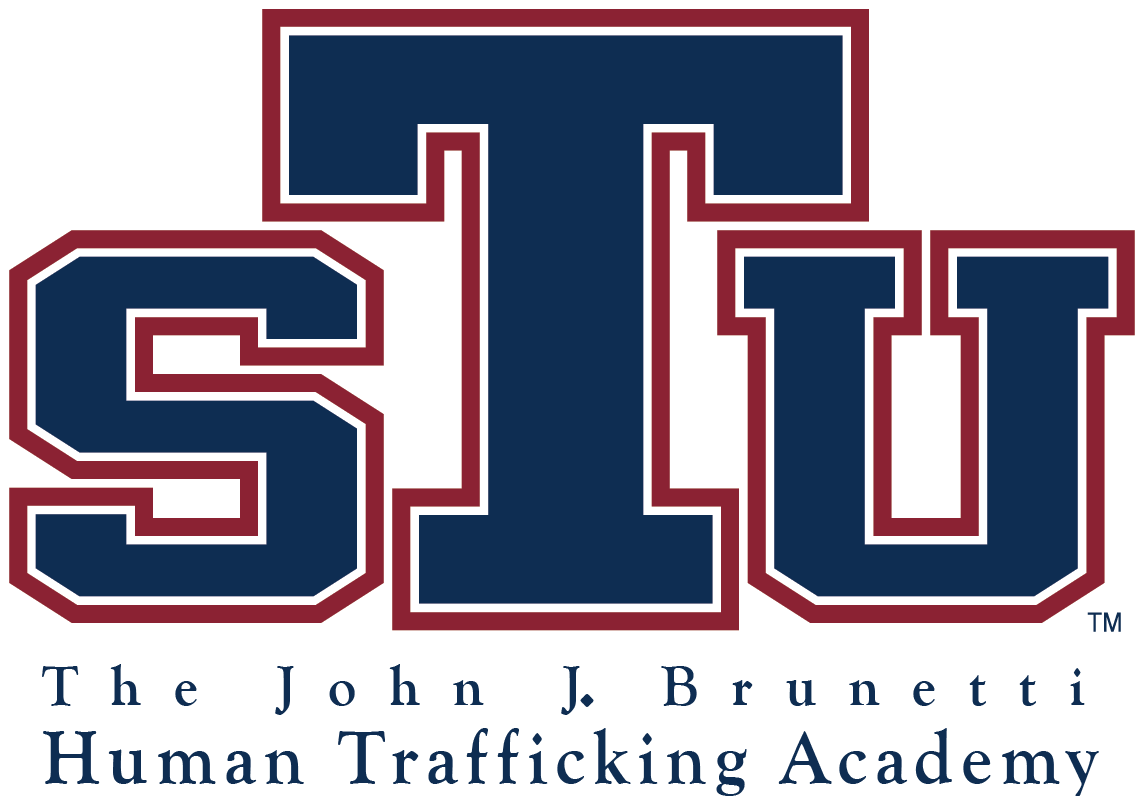



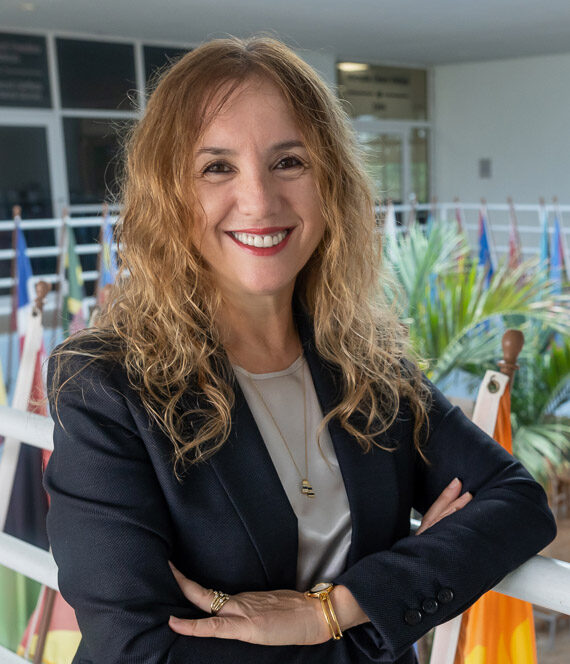 Prof. Dr. Roza Pati
Prof. Dr. Roza Pati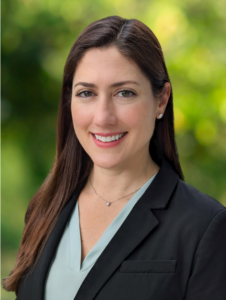
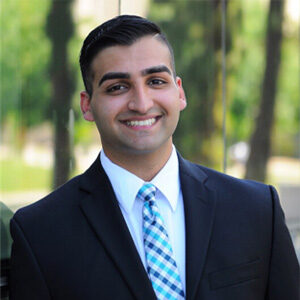
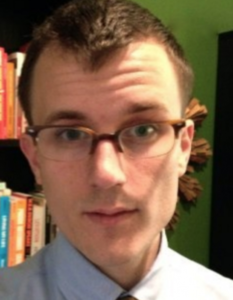 Professor Brendan M. Conner
Professor Brendan M. Conner 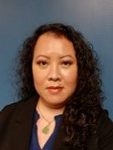 Professor Linh K. Dai
Professor Linh K. Dai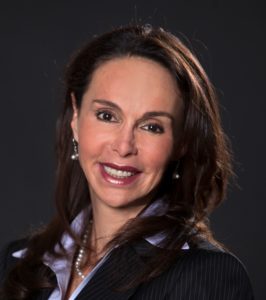
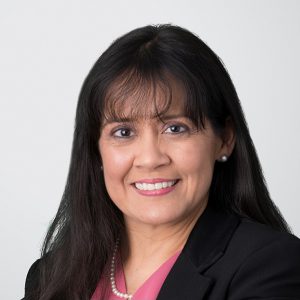
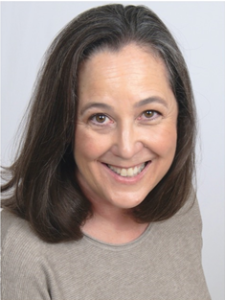
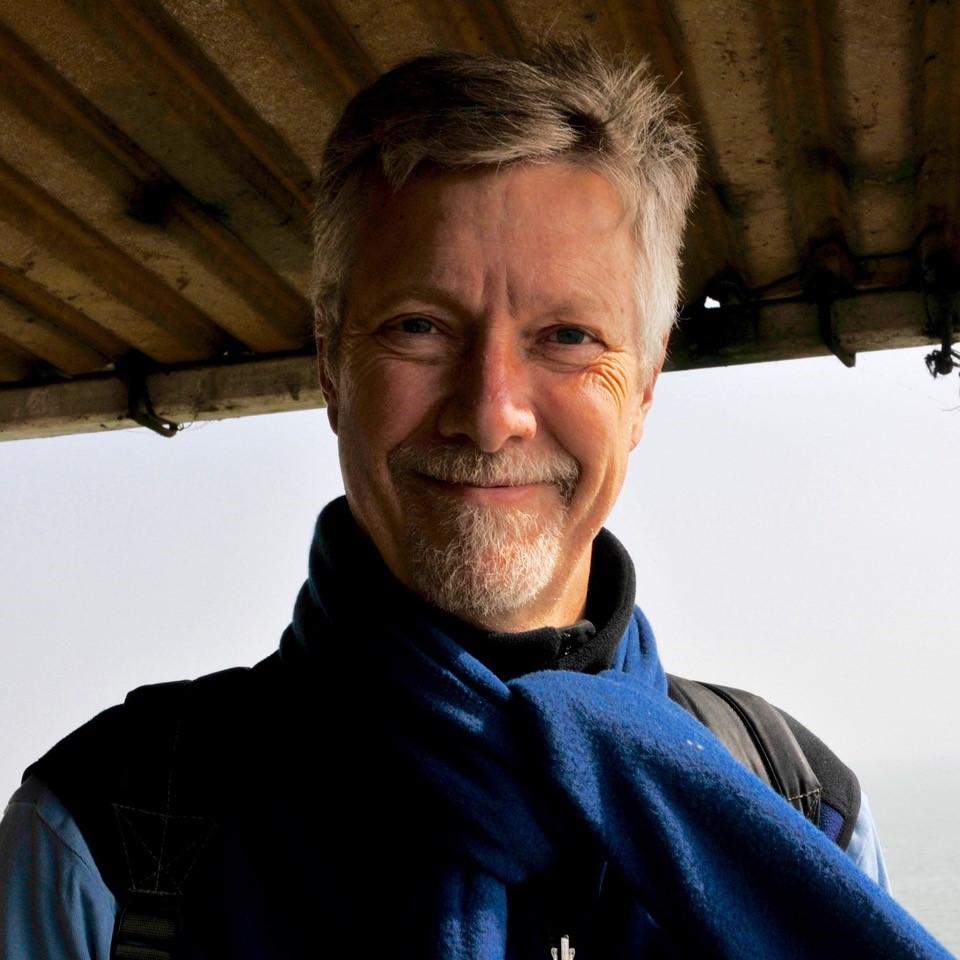
 The Honorable Bella Hounakey
The Honorable Bella Hounakey
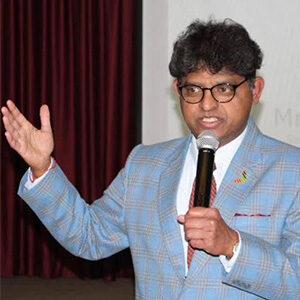 The Honorable Harold D’Souza
The Honorable Harold D’Souza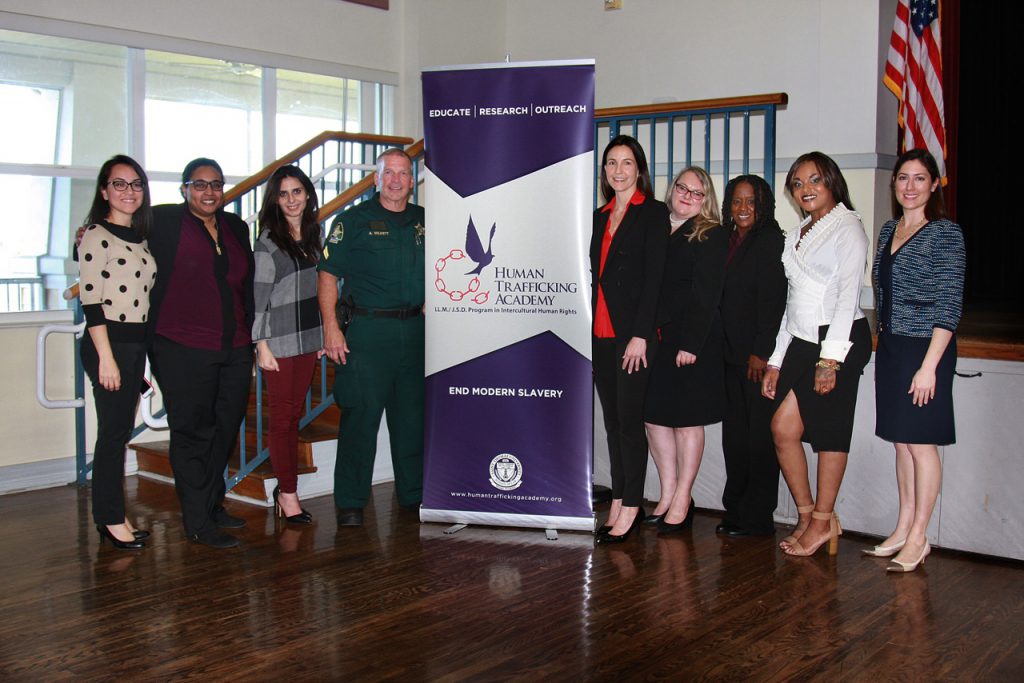
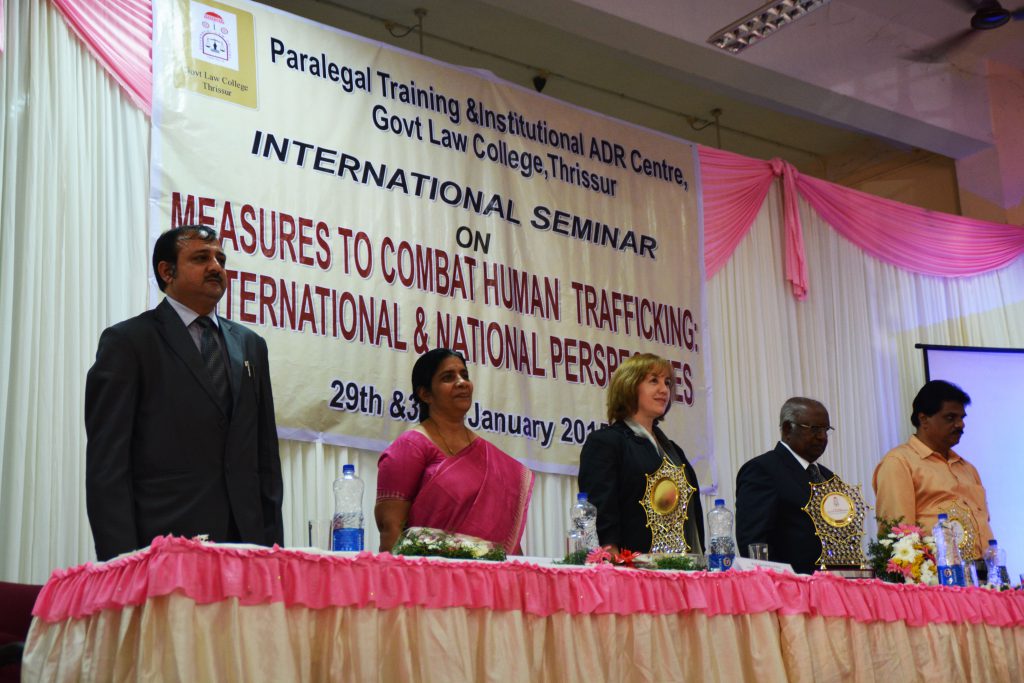
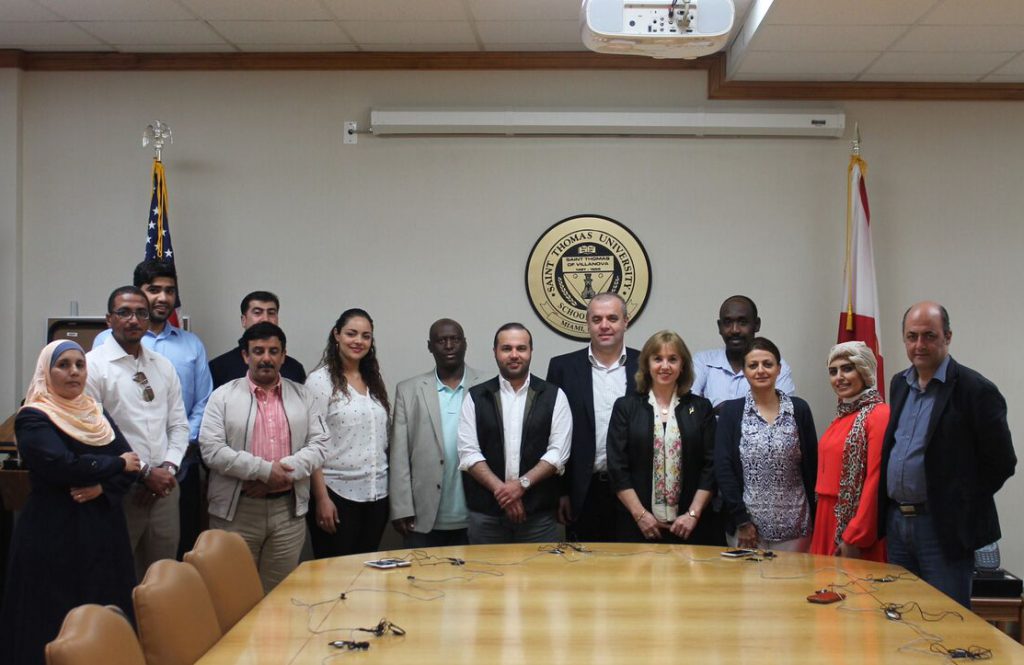
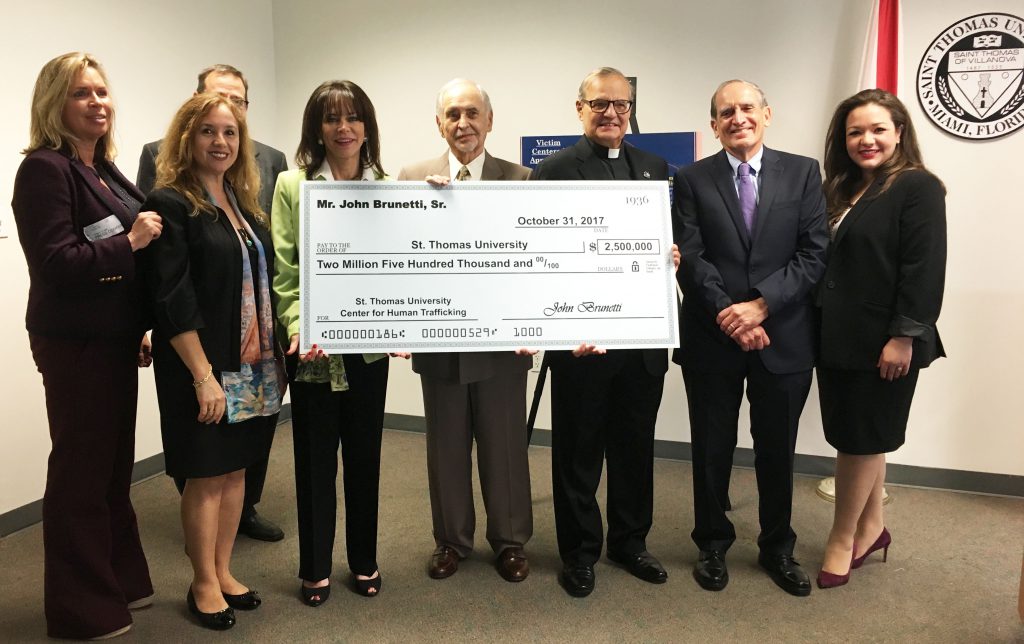
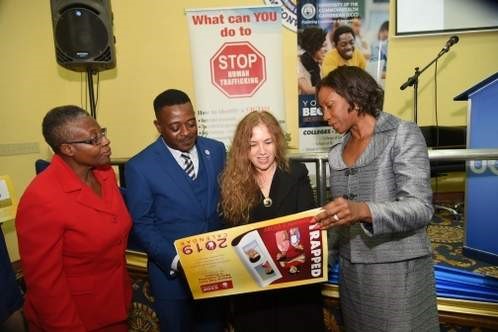
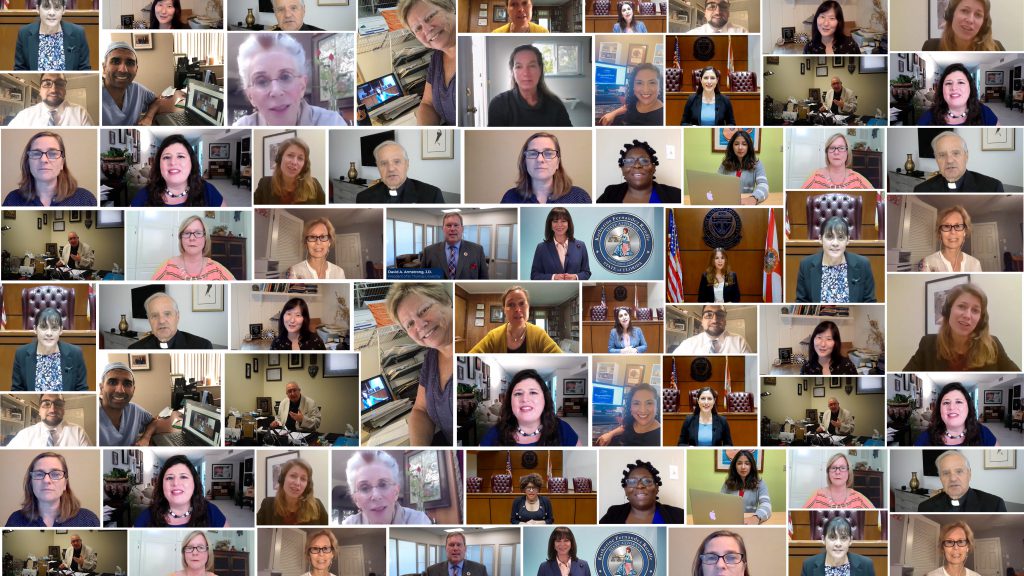
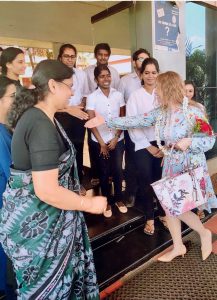
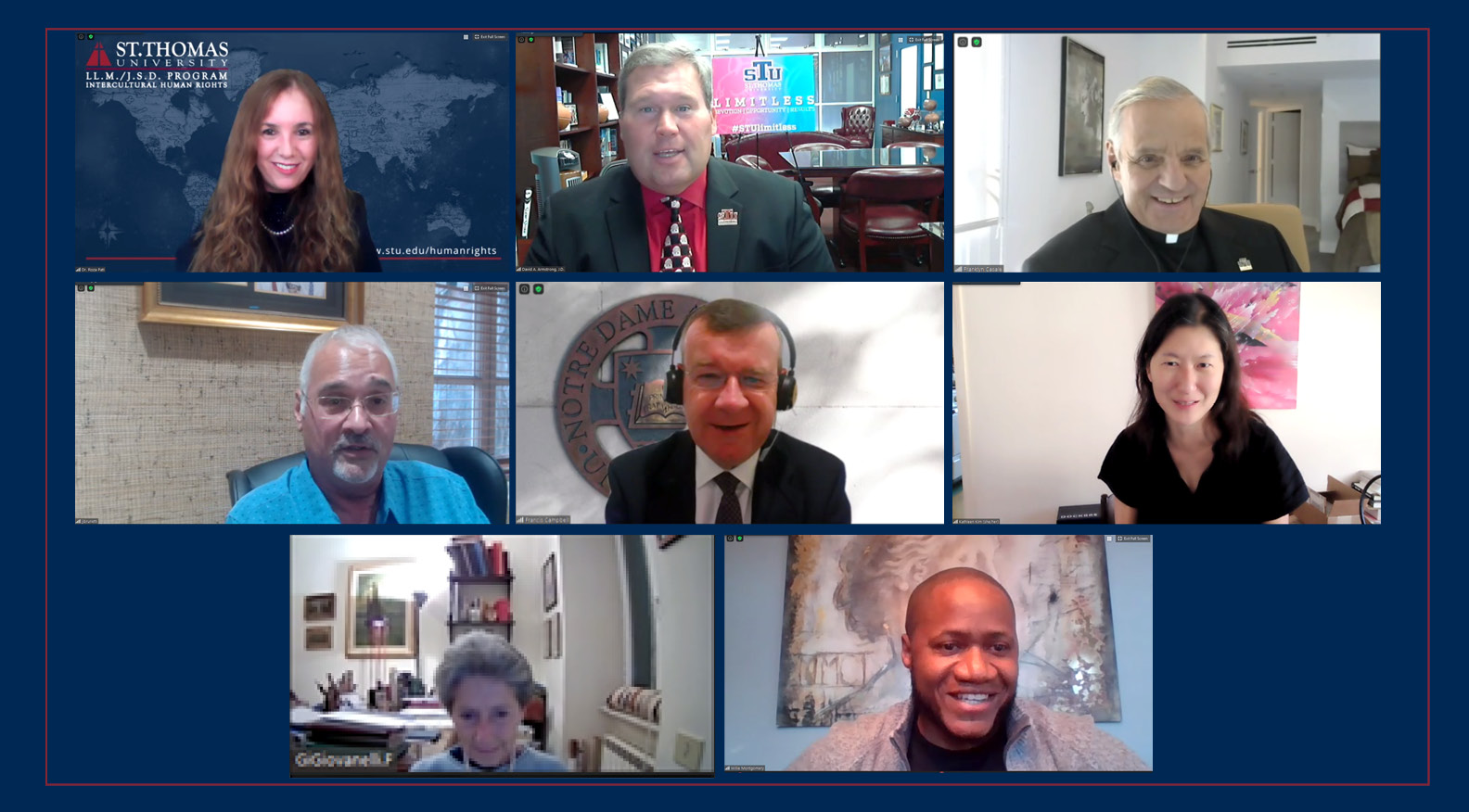
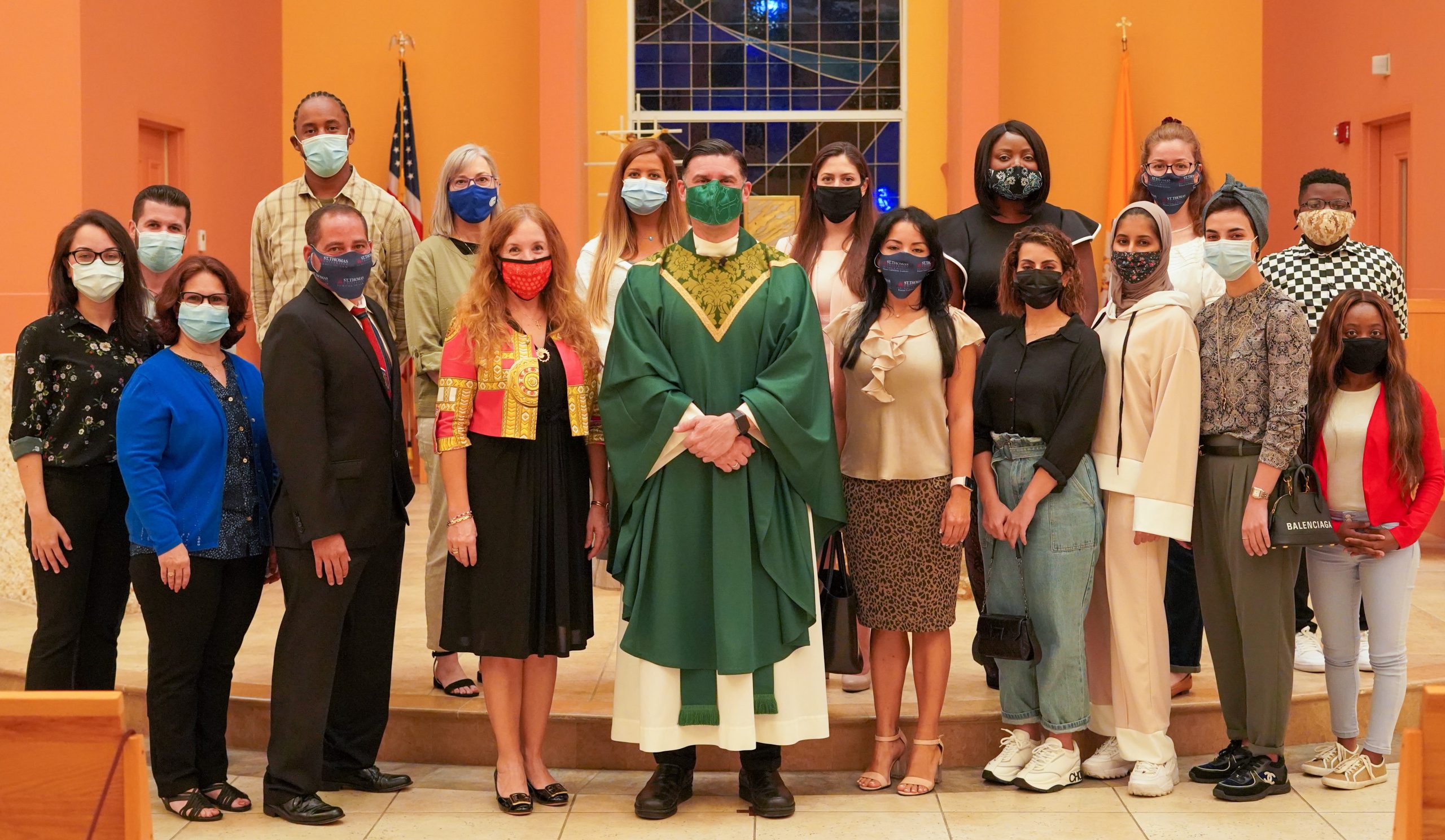
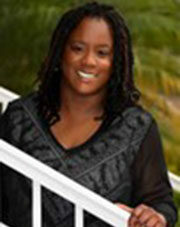 Ramona D. Miller
Ramona D. Miller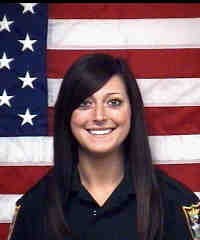 Detective Krysten Ridenour
Detective Krysten Ridenour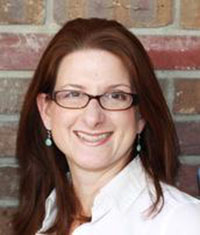
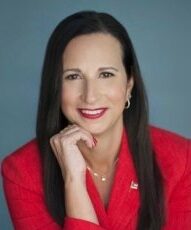 The Honorable Amira D. Fox
The Honorable Amira D. Fox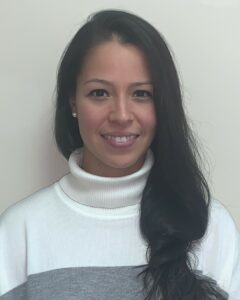 Juliana Diaz, LMHC
Juliana Diaz, LMHC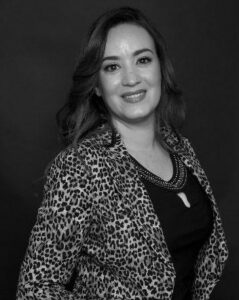 Crystal Lee Hamilton
Crystal Lee Hamilton Erika Pineros, LMHC
Erika Pineros, LMHC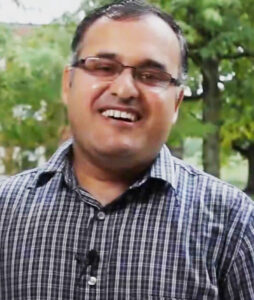 M. Kazam Hashimi
M. Kazam Hashimi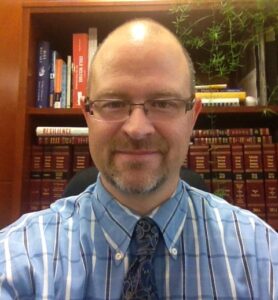
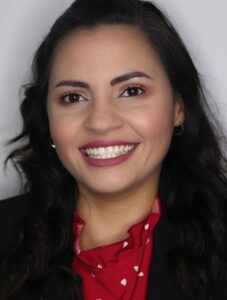 Maryem Reyes
Maryem Reyes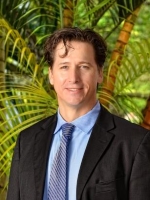
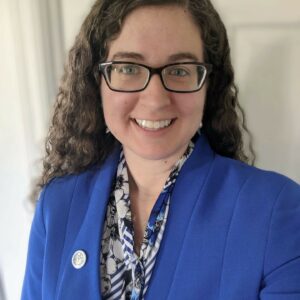 Jennifer Reyes Lay
Jennifer Reyes Lay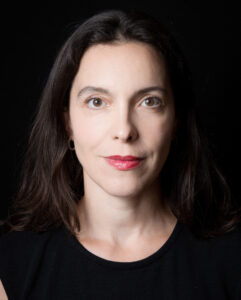 Sloane Davidson
Sloane Davidson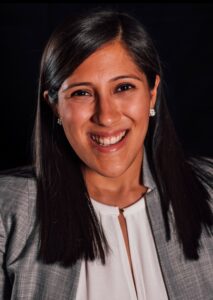
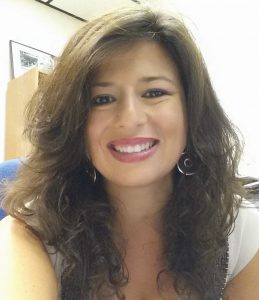 Ana I. Vallejo, Esq.
Ana I. Vallejo, Esq.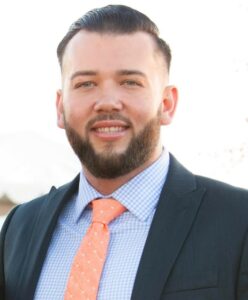 The Honorable Suamhirs Piraino-Guzman
The Honorable Suamhirs Piraino-Guzman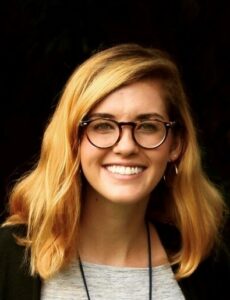 Caroline Chisholm
Caroline Chisholm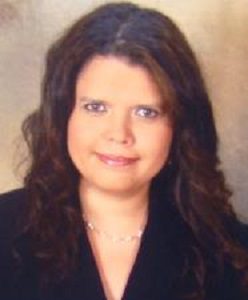 Imelda Medina, MD, MPH
Imelda Medina, MD, MPH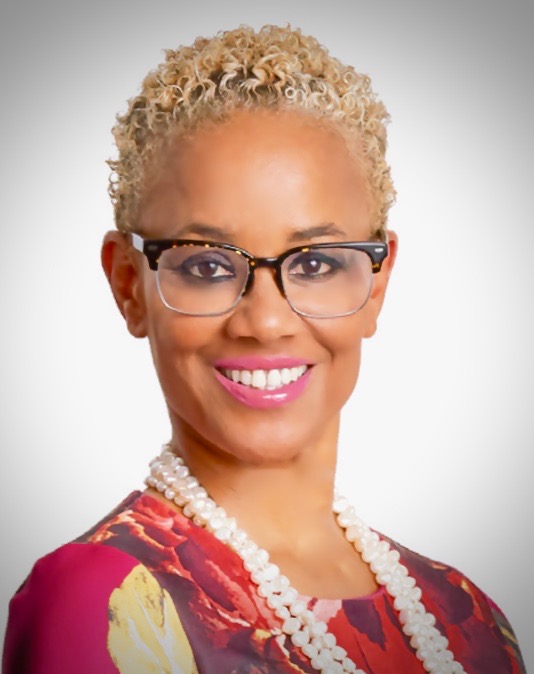
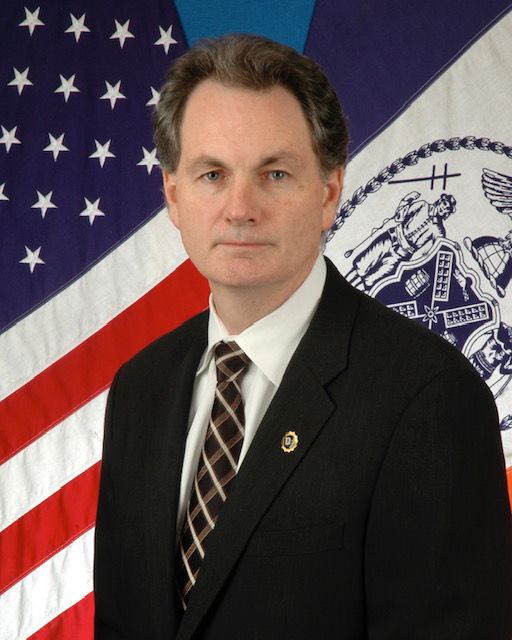
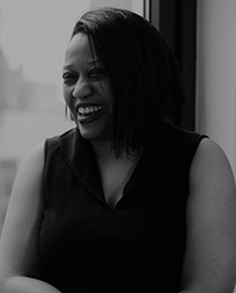 Kutisha T. Ebron
Kutisha T. Ebron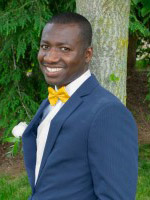 The Honorable Kwami Adoboe-Herrera
The Honorable Kwami Adoboe-Herrera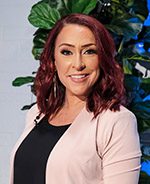 Rebekah Charleston
Rebekah Charleston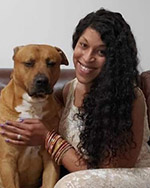
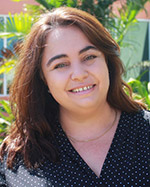 Maria Florencia Cornu Laport, Esq.
Maria Florencia Cornu Laport, Esq.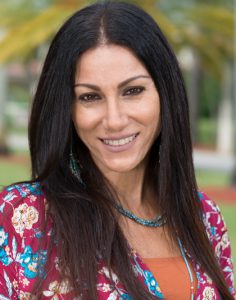
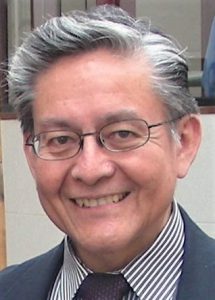
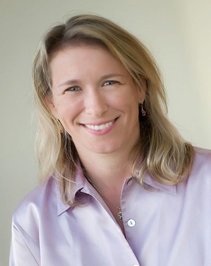
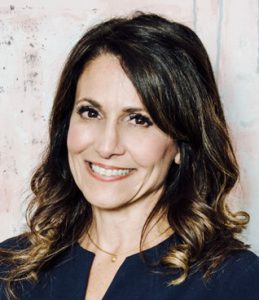

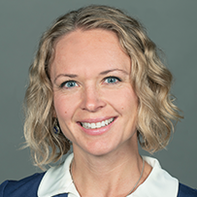
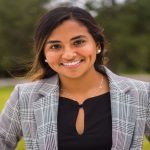 Maria Vega
Maria Vega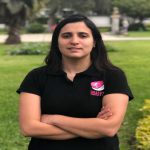
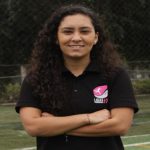


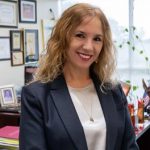
 Gabriela DeBellis
Gabriela DeBellis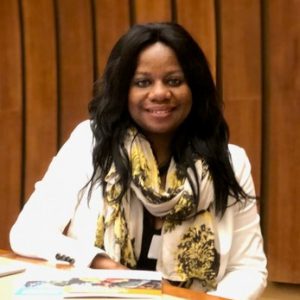 Lerina Bright
Lerina Bright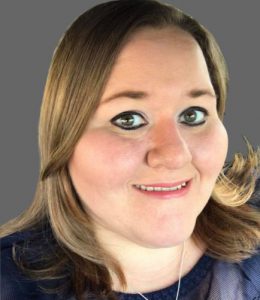

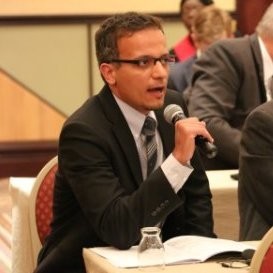
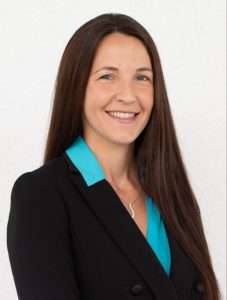
 Ronke Giwa Onafuwa
Ronke Giwa Onafuwa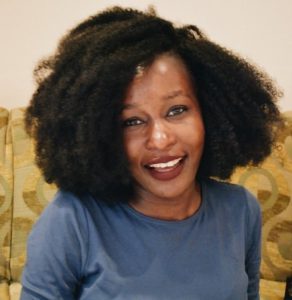

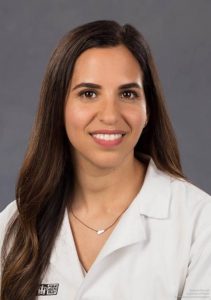
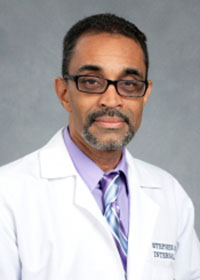
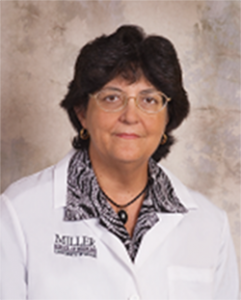
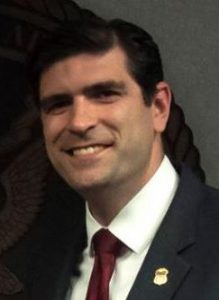
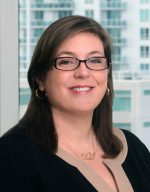
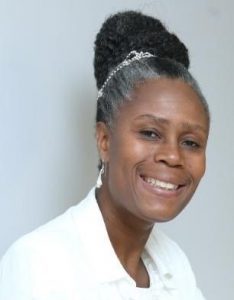 Myriam Mézadieu
Myriam Mézadieu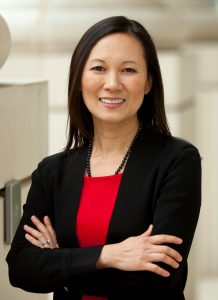 Thear Suzuki
Thear Suzuki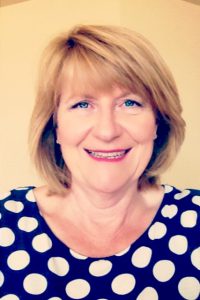 Mary Anne Silvestri
Mary Anne Silvestri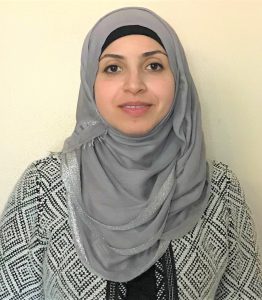
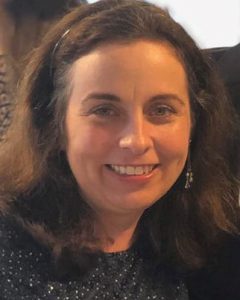
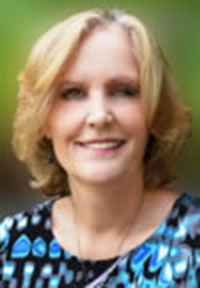 Susan Patterson
Susan Patterson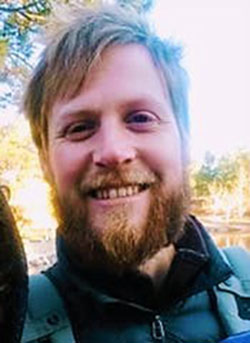 Jordan Bruxvoort
Jordan Bruxvoort